Jane Anson talks to Spain's Miguel Torres Snr about the influence of Gore on his own battle against climate change in wine.
(Originally published on Decanter.com on December 8th 2016)
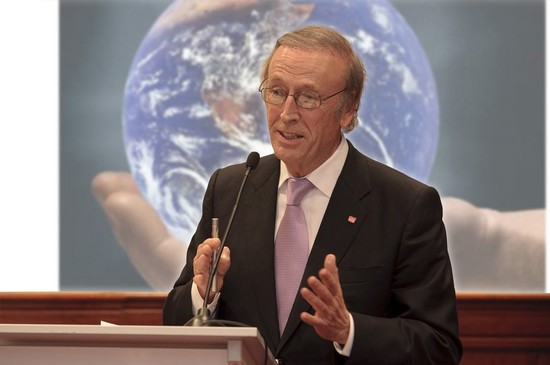
‘We don’t know what is going to happen in politics over the next few years, but we do know that the pattern of global warming is not going away. And that means what we do individually is more important than ever’.
Miguel Torres Senior is, in my experience, an unfailingly calm, softly-spoken man. He delivers even the most doom-laden pronouncements with a quiet authority that makes you feel somehow reassured.
We happened to see each other a few days before the meeting, on Monday 5 December, between former US vice-president Al Gore and president-elect Donald Trump, and I have no doubt that he will have been very relieved to hear that it happened at all.
I first met Torres Senior at a 2008 climate change conference in Barcelona organised by Pancho Campo – the one where Gore famously gave a speech via video link from Nashville.
Torres tells me that it was Gore’s An Inconvenient Truth film that had the single biggest impact on his own conversion to full-blown climate change believer, which is why I feel pretty certain that he is hoping Gore can have a similar impact on Trump.
The jury is out on that one; Gore called the meeting ‘a sincere search for common ground’, while Trump’s chief of staff Reince Priebus continues to say denial of climate change will be the ‘default position’ of the incoming administration.
Editor’s note: White House officials suggested yesterday (31 May 2017) that Trump was likely to pull out of the Paris Agreement.
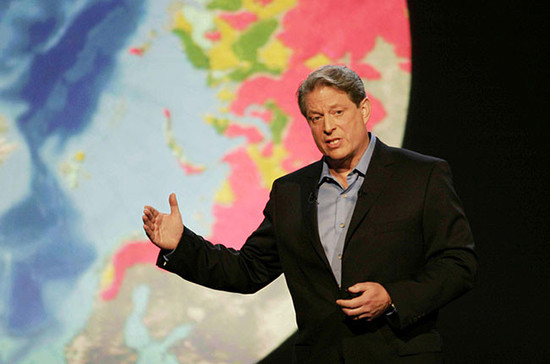
‘Let’s wait and see before we judge,’ is how Torres puts it – but he’s continuing to do his part, this time by coming to Bordeaux to talk about not only about his work to date, but some potentially groundbreaking solutions for 2017.
Is there any other winemaker that has so visibly taken up this cause than Miguel Torres Senior? It’s surely partly why the company has won Most Admired Wine brand in the world twice in the past two years, and certainly why he is proof that even big business – Torres owns 2,000 hectares of vines, produces many millions of cases and employs over 1,300 people – can be serious about committing to the environment.
Among the most far-reaching of the Torres initiatives has been reviving ancestral grapes with more drought resistance (a process that he describes as ‘somewhere between winemaking and archaeology’), and purchasing land for vineyards in regions that are, as of today, as the very limit of possible planting zones, or ones that are likely to remain too cold for viticulture for the next decade (‘but no more than that’). The areas he has chosen are in the Spanish Pyrenees at 1,000 metres (specifically Tremp, where his Saint Miquel vineyards is four times higher than the main Torres winery near Barcelona) and at 1,200 metres where they have not yet planted, and in southern Chile both in the Valle de Itata and around 300km further south, again where they are not yet planting.
‘Some people are reluctant to invest in land that they will have to wait 20 to 30 years to plant. I can understand that, but ignoring the problem will not make it go away’.
People who don’t take these things seriously enough are clearly a source of frustration – notably the poor response to his 2011 Barcelona Declaration that set out clear, actionable steps for reducing emissions (Torres itself has reduced by 15% since 2008, with a 30% target for 2020). At the time hundreds of Spanish wine producers were keen to sign up, ‘but most just wanted a logo for their bottles; it was about marketing. Many wineries talk about being sustainable without being serious about it, but unless there is investment to reduce your carbon footprint, it is meaningless’.
‘Organic vineyards can often pollute 20% more than traditional producers’
Torres’ willingness to speak out is not limited to those more interested in marketing than in real solutions. His current target is organic farming – something that he practices himself, with 600 hectares of certified organic vines in Spain, 350 hectares in Chile and 32 hectares in California.
‘The concern over the sustainability of organic viticulture is real and growing,’ he says. ‘We all know the biggest source of emissions in vineyards is from tractors, which means that organic vineyards can often pollute 20% more than traditional producers because of their need to apply vineyard treatments more frequently. And then there is the problem of copper useage in the soils. We need to realise that just because a wine is made according to organic criteria does not automatically make it helpful in combating climate change. We need to link ecology and sustainability more effectively’.
And as ever, Torres hasn’t been content to just rail at this inconsistency. Instead, he has been instrumental in a number of measures to make organic viticulture more adapted to the new climate realities; from researching into a specific algae used during fermentation to capture the carbon dioxide produced, to a lobbying group for a new eco-sustainable European wine category that goes beyond the current regulations.
To that aim, he intends to be in Brussels in January 2017 for a meeting with the EU Commission where he hopes they will accept amends to the 203/2012 regulation (itself an amend to 834/2007) governing the oenological processes and treatments allowed in organic viticulture and winemaking.
‘There are some highly promising developments around copper hydroxide spray replacements – most notably a product that uses mollusc shells as an alternative for treating downy mildew that can reduce copper useage by 50%. We hope to get all 27 member states to agree to include it in a revision of the allowable products. Because organic viticulture needs to adapt to the new realities’.
Ironic perhaps that January 2017 will also see the inauguration of a president who has called much of climate change science ‘bunk’. But even that doesn’t put off Miguel Torres Senior. ‘We have invited several climate change deniers to come speak to us in the past,’ says Torres, ‘because it’s important to hear what they have to say’. And then he shakes his head, unable to conceive of a situation in which they might be right.
Miguel Torres Snr was Decanter Man of the Year in 2002.
Translated by Sylvia Wu / 吴嘉溦
All rights reserved by Future plc. No part of this publication may be reproduced, distributed or transmitted in any form or by any means without the prior written permission of Decanter.
Only Official Media Partners (see About us) of DecanterChina.com may republish part of the content from the site without prior permission under strict Terms & Conditions. Contact china@decanter.com to learn about how to become an Official Media Partner of DecanterChina.com.

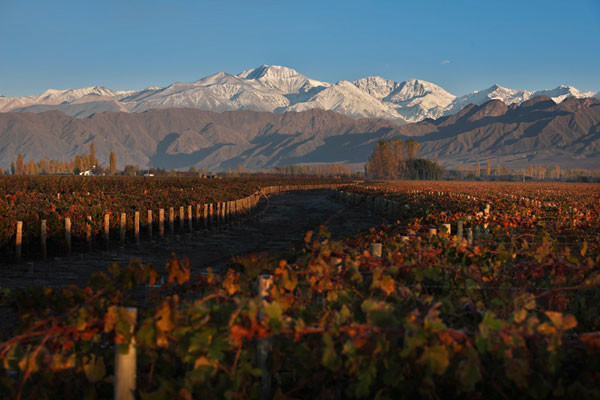
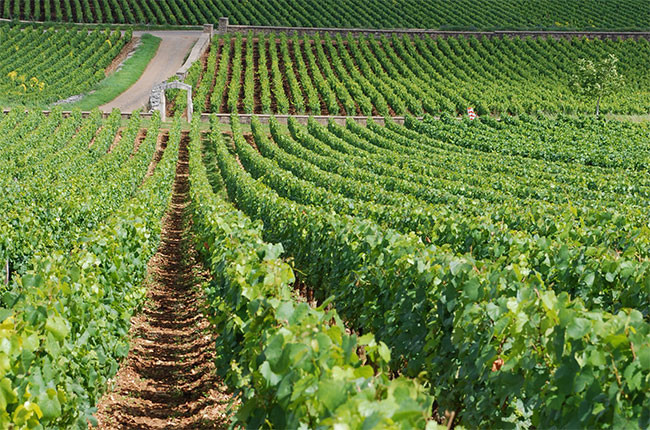
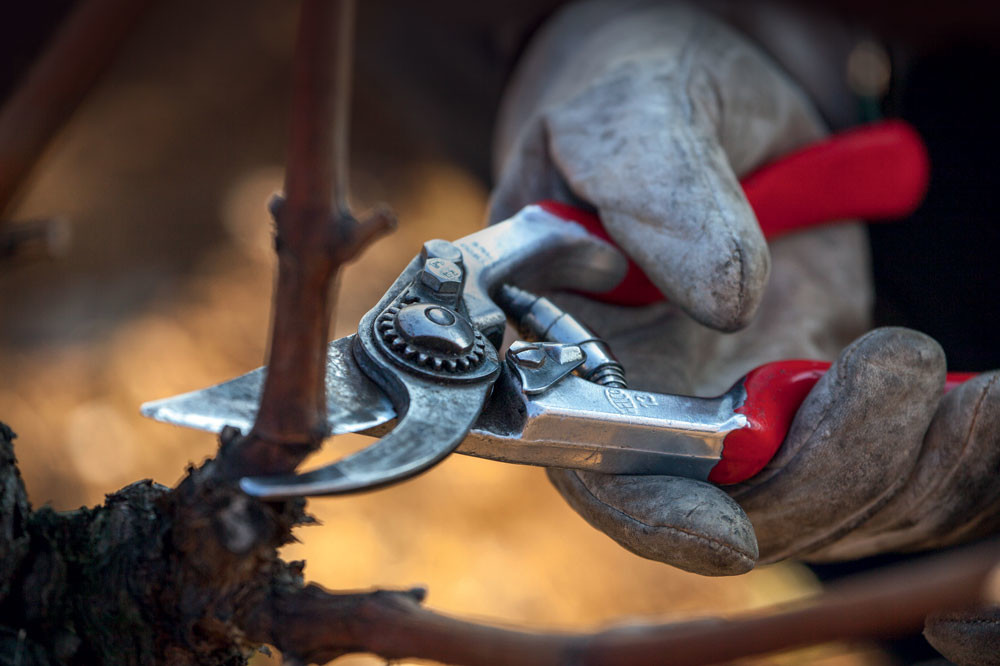
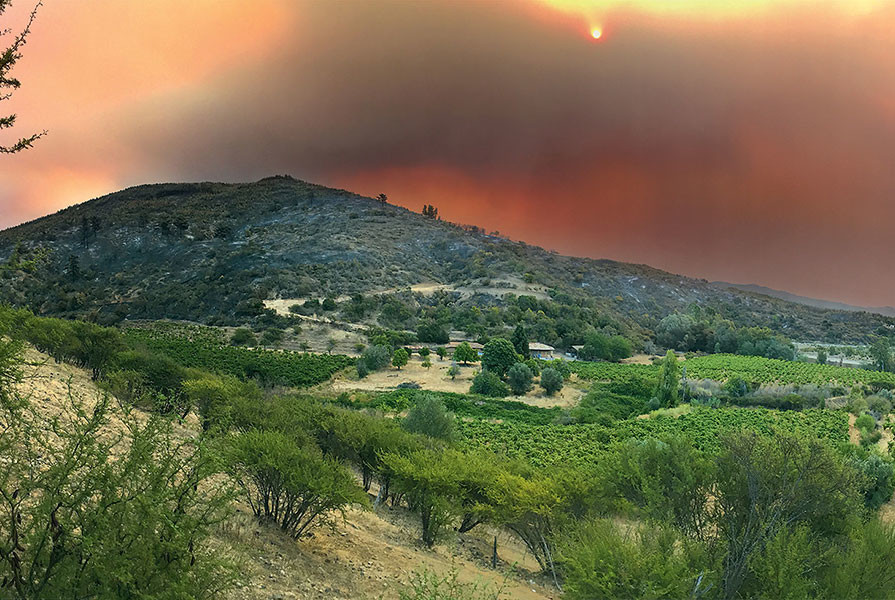
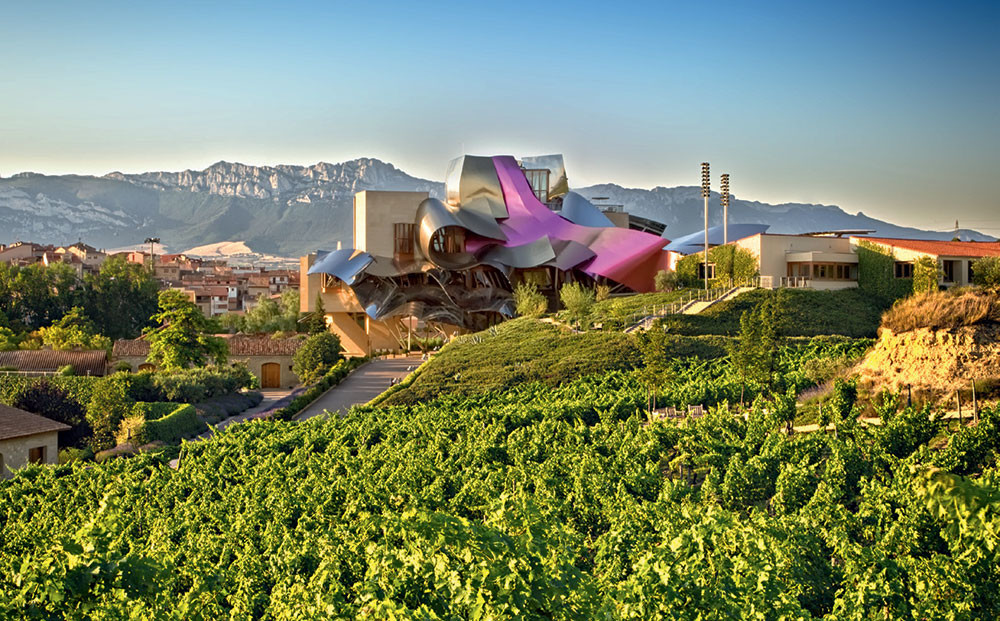
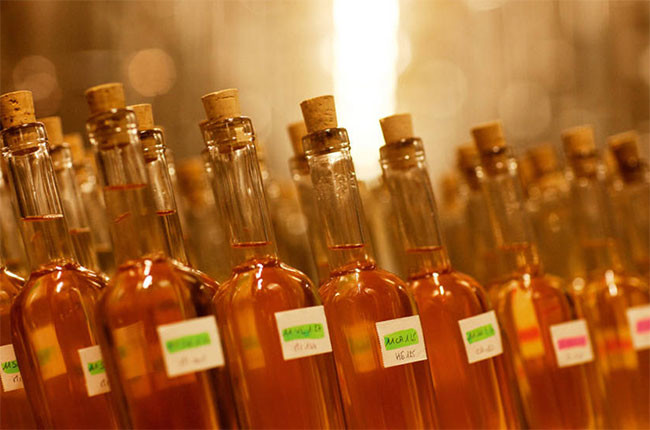
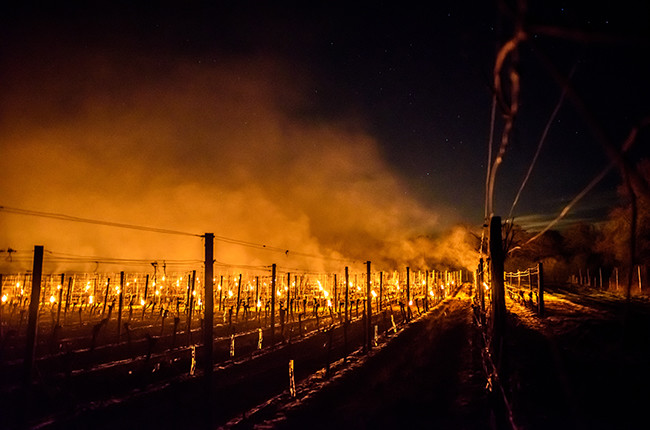
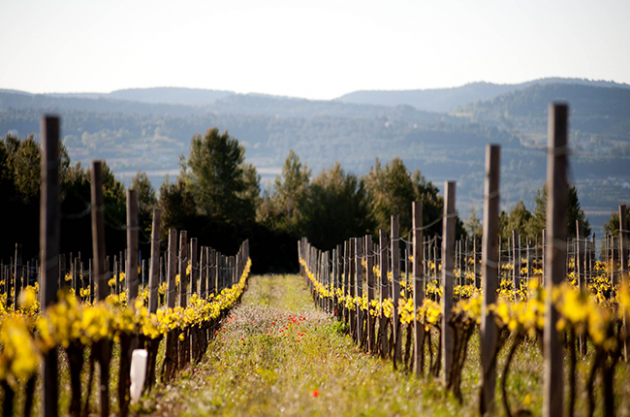
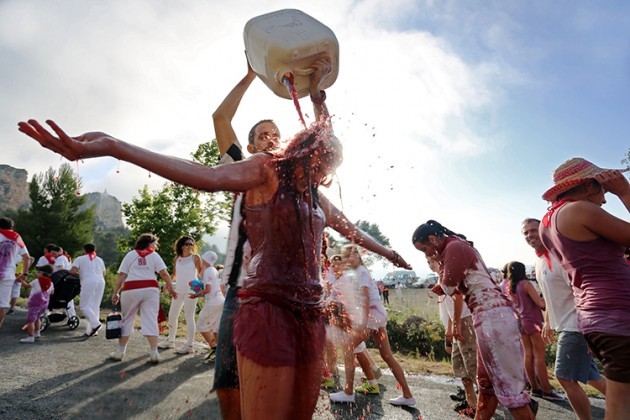
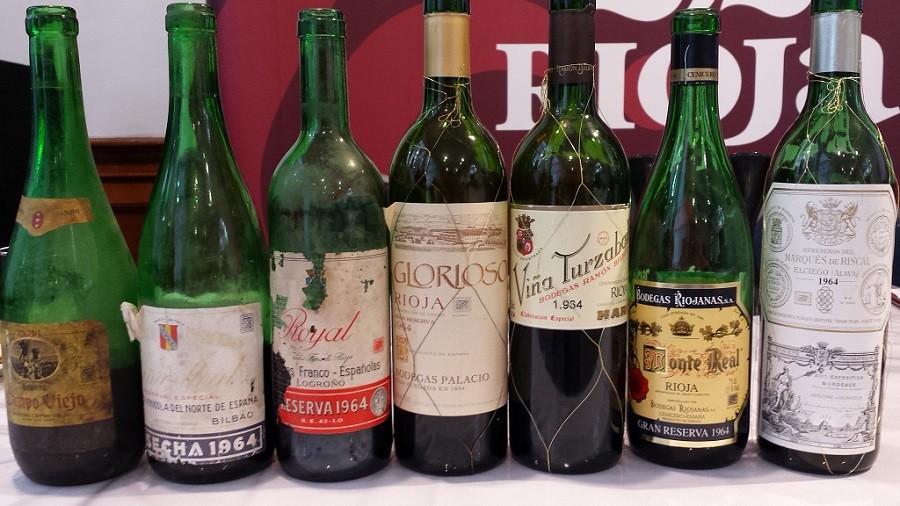
Comments
Submit